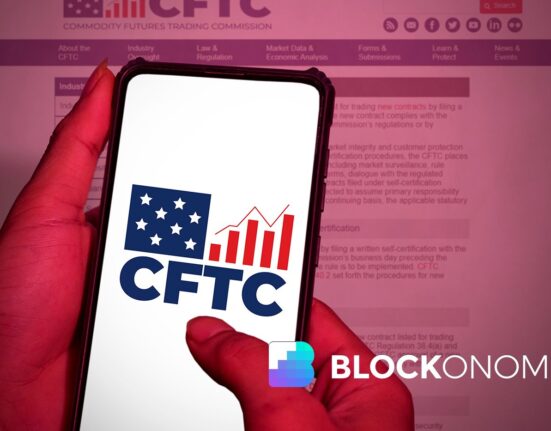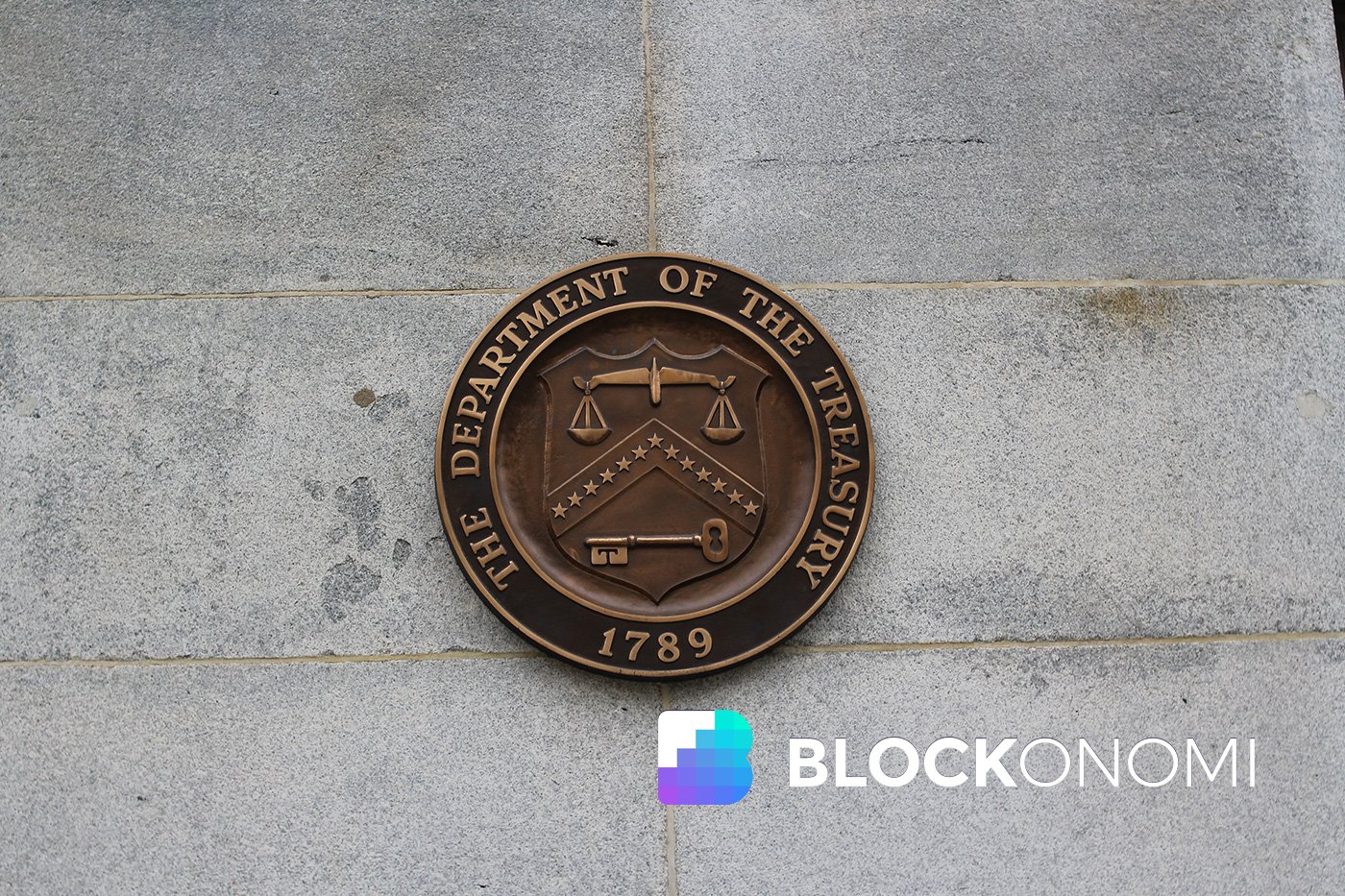TLDR:
- Bill proposes letting Americans pay federal taxes in Bitcoin through a structured reserve plan.
- Strategic Bitcoin Reserve would store all Bitcoin tax payments as long-term federal assets.
- Proposal cites Bitcoin’s scarcity and inflation resistance as core reasons for the reserve.
- The bill aims to keep the United States competitive as major nations accumulate Bitcoin.
A new proposal in Washington aims to let Americans pay federal taxes using Bitcoin. The Bitcoin for America Act was introduced this week by Rep. Warren Davidson.
The measure directs all Bitcoin tax payments into a Strategic Bitcoin Reserve. The proposal seeks to strengthen financial resilience as digital assets gain wider national relevance.
Bitcoin for America Act Targets New Tax Options
Rep. Warren Davidson introduced the proposal through a formal release outlining its core goals. The bill aims to give taxpayers a Bitcoin payment option while building a reserve designed to hold the asset.
According to the release, the plan positions Bitcoin as a long-term store of value. The announcement noted that Bitcoin’s fixed 21 million supply supports this approach.
The measure highlights the potential benefits of routing Bitcoin payments into the Strategic Bitcoin Reserve. The release stated that holding Bitcoin could diversify federal assets and reduce reliance on debt.
Additionally, the plan also connects tax payments directly to a growing pool of digital reserves. The initiative frames Bitcoin as an asset with a track record of appreciation.
The release noted that other nations, including China and Russia, have already accumulated Bitcoin. The bill aims to ensure the United States remains competitive in the global digital asset landscape.
Besides, the policy also seeks to broaden financial access by allowing more taxpayers to use decentralized payment rails. Davidson’s office described this as an expansion of financial choice for Americans.
Bitcoin’s independence from inflationary policy is cited as a key factor in the proposal. The release stated that Bitcoin could help protect reserves from long-term dollar erosion.
The measure outlines a goal of strengthening the national balance sheet through durable asset holdings. The proposal ties this reserve strategy to long-term economic resilience.
Strategic Bitcoin Reserve Positioned as Core Outcome
The bill centers its financial vision on a Strategic Bitcoin Reserve funded by tax payments. The release stated that this structure creates a buffer against inflation and economic pressure.
It also aligns federal asset strategy with emerging global practices. The approach signals a shift toward integrating digital assets in national planning.
The proposal claims that Bitcoin’s scarcity strengthens its role in federal reserve management.
Davidson’s office frames this as a move that adjusts national strategy for a digital future. The release argued that an appreciating asset could enhance long-term fiscal strength. This premise sits at the core of the bill’s objectives.
The release links the Reserve to broader national competitiveness. It suggests the United States could avoid falling behind nations accumulating Bitcoin.
The plan ties Bitcoin adoption directly to global financial positioning. This aligns the bill with wider geopolitical shifts around digital money.
Davidson shared a detailed discussion with the Bitcoin Policy Institute about the proposal’s goals. That conversation, referenced in the release, expands on the strategic benefits described.
The focus remains on long-term resilience built through digital reserve assets. The bill now enters the early stages of the legislative process.








